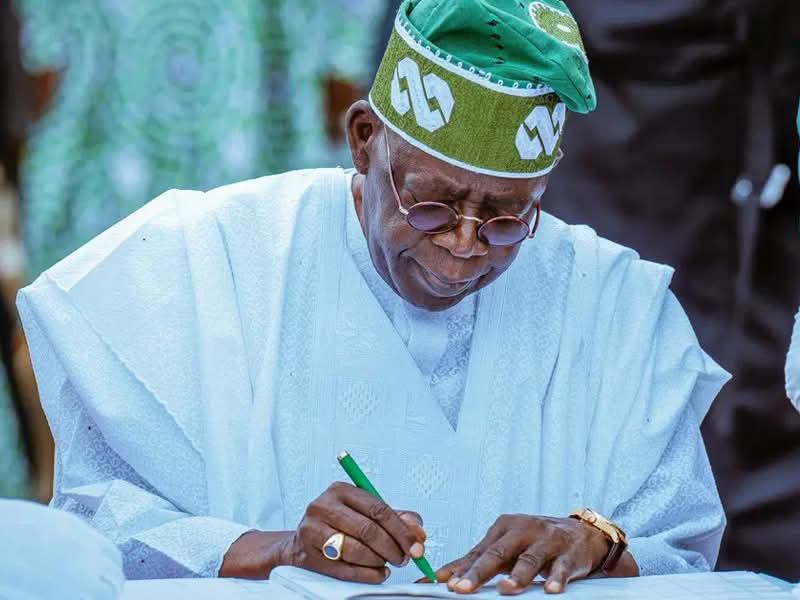
President Tinubu Orders Withdrawal of Police from “Big Men” to Boost Public Security
President Bola Ahmed Tinubu has initiated a sweeping restructuring of Nigeria’s security architecture with a directive ordering the police to withdraw officers attached to VIPs, high-profile politicians, contractors, and influential individuals across the country.
The directive, which has already triggered nationwide discussion, is designed to redirect the manpower of the sector back to core policing duties at a time when insecurity continues to challenge communities across Nigeria.
For years, one of the persistent criticisms of Nigeria’s security distribution has been the over-concentration of police officers on VIP protection rather than community policing. Many observers have argued that a significant percentage of the nation’s security personnel serve the interests of a wealthy minority, leaving ordinary citizens under-protected.
The president’s decision, therefore, signals a strategic shift meant to correct this imbalance by returning thousands of officers to active field operations.
According to reports from the Presidential Villa, the directive was issued after a high-level security meeting involving major service chiefs. The presidency expressed concern that state and local communities lacked adequate policing presence because too many officers were attached to individuals who do not necessarily face credible threats.
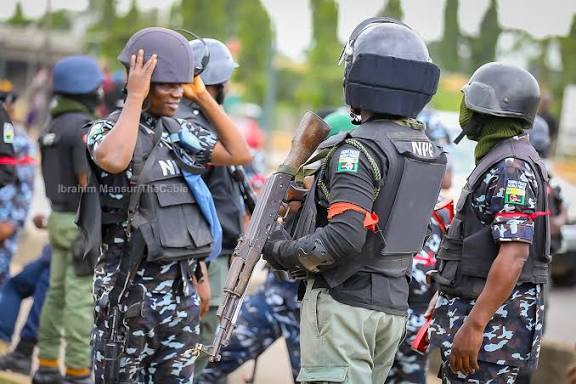
The new directive instructs the force to recall these officers and deploy them to operational roles where they can directly strengthen the national security response.
However, the force leadership has clarified that the withdrawal is not an indiscriminate removal of all VIP protection.
Instead, the focus is specifically on certain units—particularly the Police Mobile Force (PMF)—which historically were created for special operations, riot control, and high-risk situations, not routine escort duties.
VIPs who can prove genuine threats to their safety will still have access to the Special Protection Unit (SPU), while others are encouraged to seek security from the Nigeria Security and Civil Defence Corps (NSCDC), which also has statutory powers to provide armed protection.
This clarification from the police is essential, as it ensures that the directive does not create unnecessary panic or confusion among individuals who legitimately require protection. Rather, it repositions the police to fulfil their original mandate of protecting the public and responding swiftly to incidents of crime, banditry, and communal unrest.
The implications of this reform are far-reaching. First, the redeployment will increase the visibility of the police across streets, communities, highways, and volatile regions. Security experts believe this increased presence can deter crime, improve response time, and rebuild public confidence in the policing system.
Second, the withdrawal of officers from personal escort duties may also reduce corruption linked to the private hiring of police personnel, a practice that has long raised ethical concerns.
President Tinubu has also reportedly approved the recruitment of additional personnel to expand the workforce of the police. This is expected to complement the redeployment efforts and address long-standing manpower shortages that have plagued the Force for decades. Nigeria’s police-to-citizen ratio remains lower than the United Nations recommendation, making the reform both timely and necessary.
The directive has sparked mixed reactions among Nigerians. Some welcome it as a long-overdue step toward restoring equity in policing. Others question whether the police have adequate resources and operational strategy to maximise the impact of the redeployed officers. Nonetheless, most security analysts agree that the move is one of the boldest attempts at restructuring the security sector under the current administration.
As Nigeria continues to grapple with kidnapping, banditry, urban crime, and insurgency, the need for a strong, efficient, and community-focused police system cannot be overstated. The new directive places the security at the centre of a renewed approach to public safety—one aimed at protecting citizens, not the privileged few.
Read Other reports AIG Benneth Igweh Inaugurates New Police Division in Igu, Bwari Area Council, FCT to Combat Insecurity

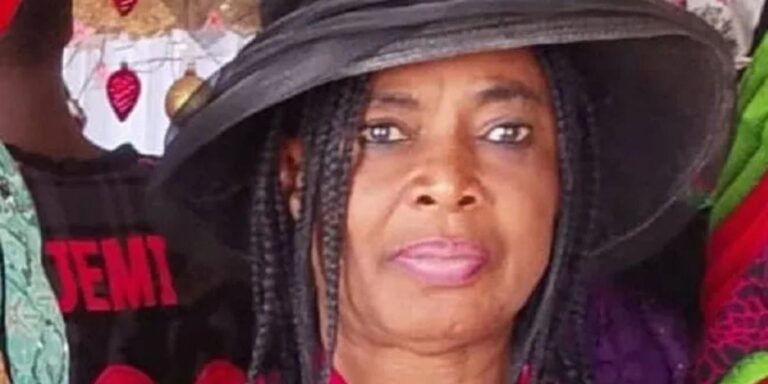

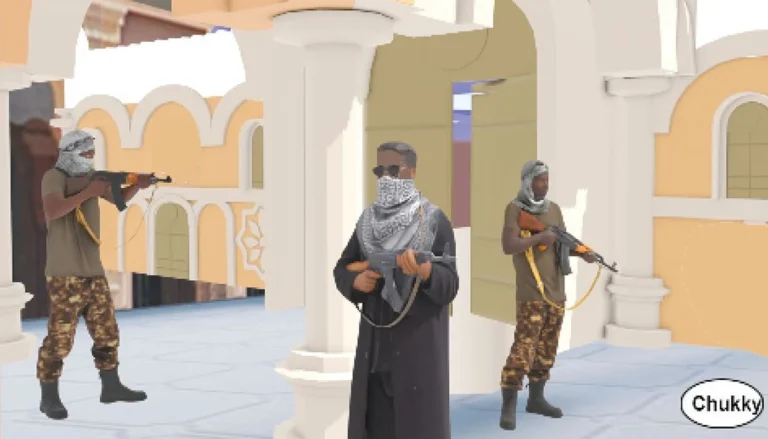

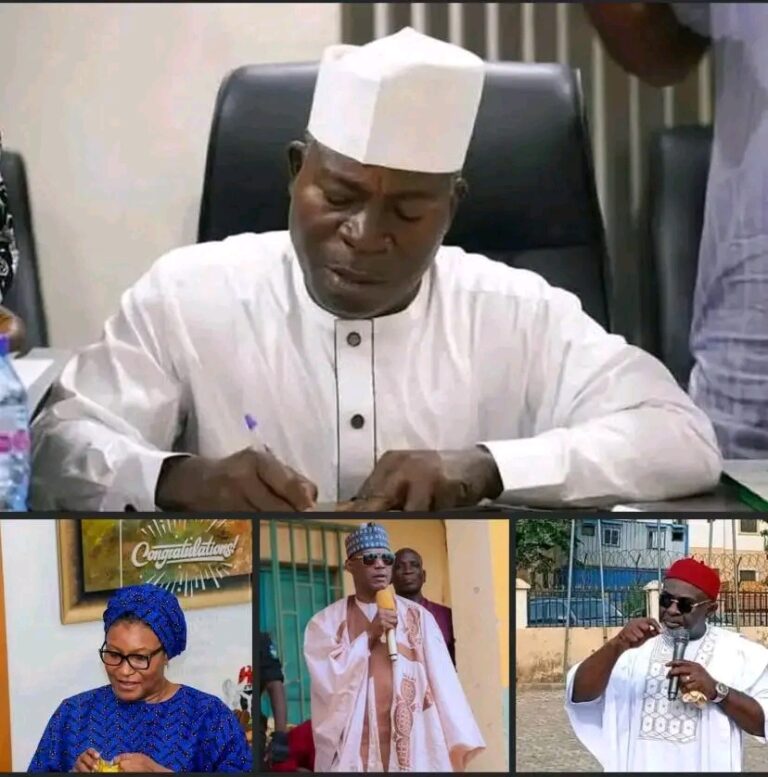
3 thoughts on “Police Withdrawal from VIP Escorts: Tinubu Reshapes National Security Priorities”
Comments are closed.